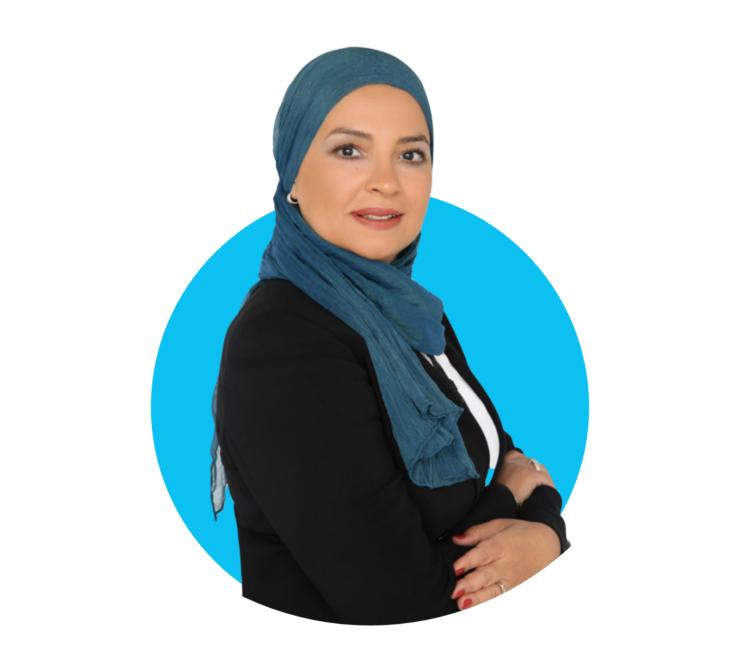Child & Adolescent Psychiatrist in Dubai, Abu Dhabi and Al Ain
Our psychiatrist has a subspecialty child and adolescent psychiatry and, among other conditions, he specializes in the diagnosis, advice and treatment of:
- Learning disabilities
For children and adolescents with learning disabilities, our psychiatrist can help identify and assess contributing problems such as sensory disabilities, physical problems and behavioral phenotypes associated with specific genetic syndromes.
In addition to assessments he will also treat psychiatric disorders, which are two-four times more likely to occur in children with learning disabilities. It is believed that 30% to 50% of these children will have a mental disorder and, in particular, the likelihood of autism and attention deficit disorder (ADHD) is increased.
- Autism and ADHD
Our psychiatrist can help diagnose and manage autism-spectrum disorders and ADHD, particularly when the diagnosis is not straightforward. He can also help with associated problems of autism such as aggression, self-injury, sleep disorders and severe dietary restrictions. In addition, he can assess the parenting and family situation as it affects the child or adolescent
- Behavioral difficulties
Behavioural difficulties can arise in children of all ages, and sometimes have serious consequences for their development. Parents and caregivers should watch for the following behaviour:
- if the bad behaviour has lasted for several months and the child is repeatedly disobedient and aggressive; and
- if the behaviour is out of the ordinary, and seriously contravenes the accepted home or school rules.
If the bad behavior affects the child’s development and ability to lead a normal life, it is classified as a ‘conduct disorder’. In younger children, aggressive and disruptive behavior can be diagnosed as the child having ‘oppositional defiant disorder’. Possible signs of conduct disorder include violent physical fighting, stealing or lying without remorse, and rule-breaking. In addition to the impact on their ability to socialize, it can also affect their scholastic performance. Early diagnosis leads to better outcomes.
- Intellectual disability
Our psychiatrist deals with intellectual disability cases as there are often cooccurrences with mental health, neurodevelopmental, medical and physical conditions. These conditions include ADHD, autism spectrum disorder and depression and anxiety disorders.
Intellectual disability involves problems with general mental abilities that affect functioning in two areas:
- Intellectual functioning (learning, problem solving, judgment, etc), which is assessed with an exam by a doctor and standardized testing. A full scale IQ score of around 70 to 75 indicates a significant limitation in intellectual functioning, although this needs to be interpreted in the context of the individual on a case-by-case basis.
- Adaptive functioning (communication, independent living, etc), which is assessed by considering three aspects: conceptual (eg, writing, reasoning); social (empathy, socializing skills) and practical (personal care, money management).



